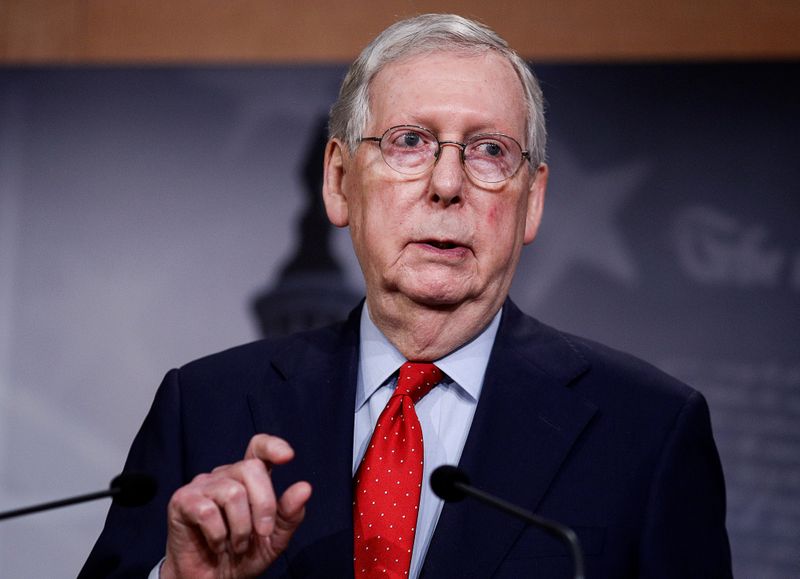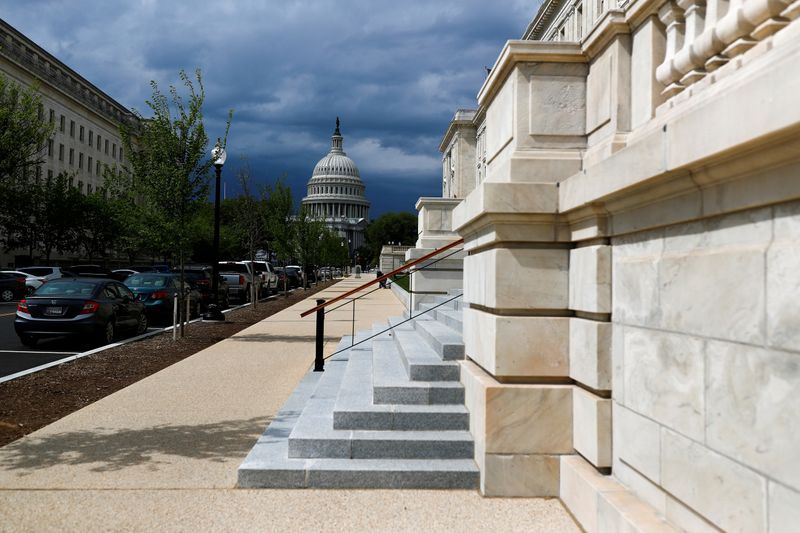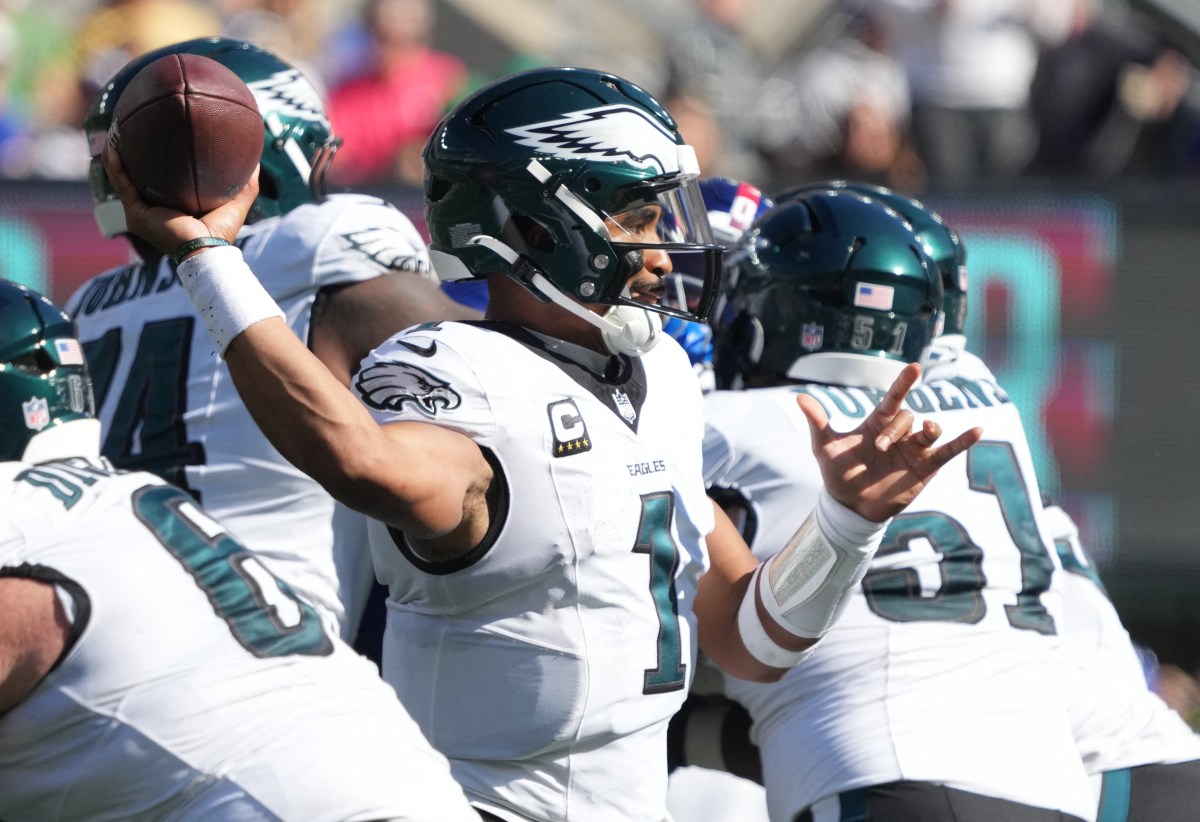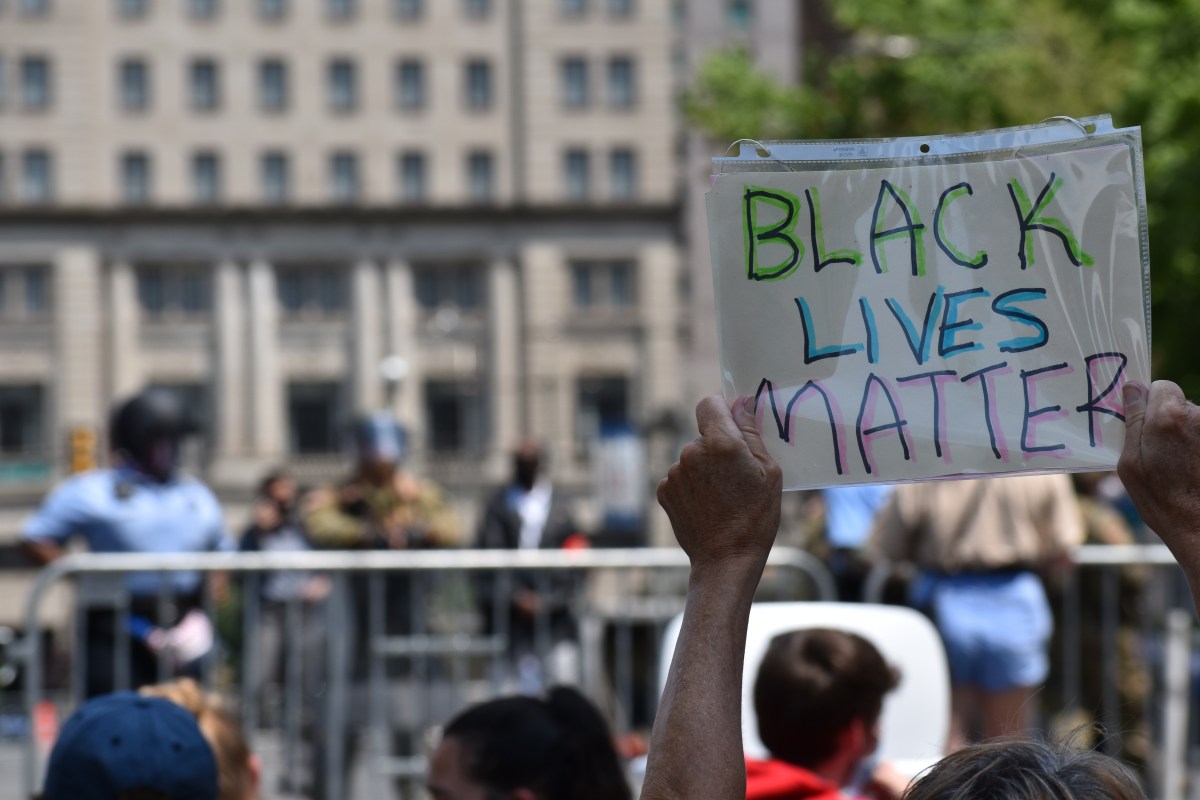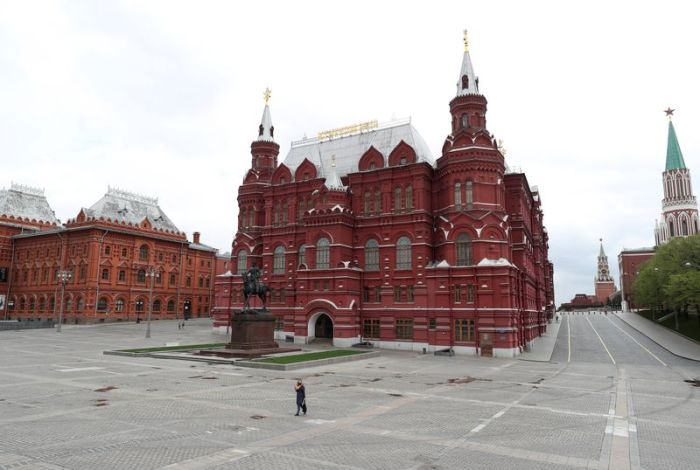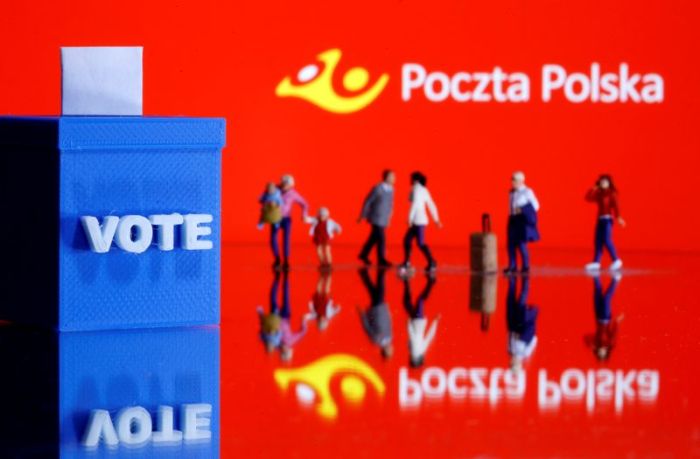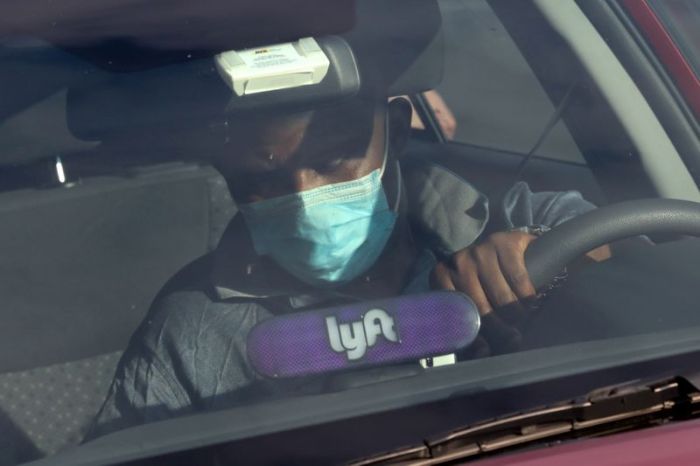WASHINGTON (Reuters) – A key U.S. Senate Democrat pushed back on Republican Majority Leader Mitch McConnell’s drive to protect employers from coronavirus-related lawsuits when the economy begins to reopen, saying it would be unnecessary if the White House set clearer standards.
Republicans and business groups warn that companies could face a flood of litigation from employees and customers who become infected after operations resume. Plaintiff advocates counter that employers are protected by legal barriers including the difficulty of demonstrating where COVID infections occur.
McConnell has made a bill protecting employers a top priority as Congress weighs what next steps to take to address a pandemic that has killed more than 71,000 Americans and thrown more than 26 million out of work.
Republicans led by President Donald Trump have pushed for a re-opening of state economies, saying Americans can no longer endure the toll of shuttered businesses and lost livelihoods.
“The president is forcing workers back into unsafe plants and Mitch McConnell is trying to slam the courthouse door on the workers who get hurt,” Democratic Senator Sheldon Whitehouse told Reuters in an emailed statement.
Whitehouse, a member of the Senate Judiciary Committee that will hold a hearing on liability protection next week, said clear guidance on worker safety would give employers “a strong ‘standard of care’ defense in court” and would “keep people safer, so there weren’t lawsuits in the first place.”
McConnell’s Republicans control a slim majority in the Senate, but he would need to sell the idea to the Democratic-controlled House of Representatives for it to pass Congress.
Republicans and business groups that are lobbying for liability protection say that legal safe harbors are necessary to protect companies planning to restart operations after extended shutdowns, as well as those that have remained open throughout the pandemic.
But as the debate in Congress gains momentum, emerging signs suggest that those opposed to blanket protections for companies could accept some form of narrow immunity for employers who take the proper steps to safeguard their workers.
“If you wanted to write a bill that said that reasonable conduct would be protected – because some of the proponents of immunity don’t seem to understand that – that would be something that we would have no problem with,” Linda Lipsen, who heads the American Association for Justice, told reporters on Wednesday. The nonprofit group represents trial lawyers.
The problem, critics say, is that the Trump administration has not established national standards for worker safety in the era of the coronavirus and McConnell has not produced a tangible legislative proposal.
Some Democratic aides have expressed hope that details could soon begin to emerge.
On Tuesday, McConnell told reporters that Republicans were working on a “narrowly crafted” liability protection measure without offering details. “It will not protect somebody from gross negligence,” McConnell said.
On Wednesday, McConnell’s office could offer no guidance on how he might address the issue of safety standards.
Lipsen, whose group opposes blanket protections for businesses, said she would need to see details of the Republican measure before offering an assessment.
The COVID-19 Complaint Tracker, a database maintained by the U.S. law firm Hunton Andrews Kurth, showed 859 coronavirus-related lawsuits on Wednesday. Nearly 30% of the lawsuits involved litigation arising from prison conditions.
(Reporting by David Morgan, additonal reporting by Tom Hals in Wilmington, Delaware; Editing by Scott Malone and Cynthia Osterman)

